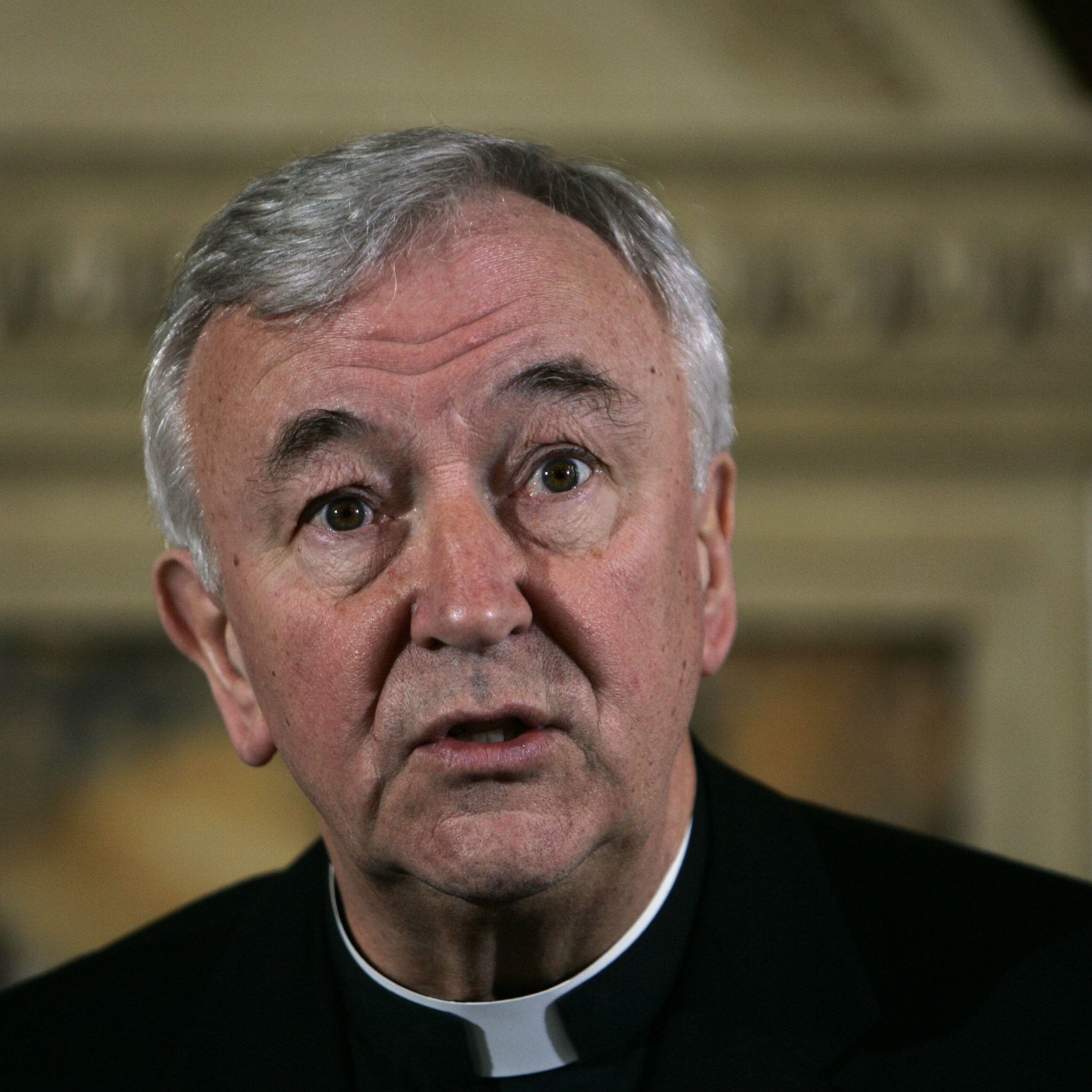The leader of the Catholic Church in England and Wales, Cardinal Vincent Nichols, has said areas of life which previously had “assumptions of stability” are now less firm, making for a context in which “everything can be tossed up into the air” and a “very strong example of that is the way in which we’re approaching questions of gender identity.”
Speaking in an exclusive interview with The Tablet, the Cardinal said that there has been an obvious change in society’s understanding of the “unfolding of gender” in a person’s life in terms of “what men can do, what women can do.” He added: “To me, that’s not an issue,” but, he warned, “it’s the relationship between gender and biological sex, that’s the more difficult issue. Though, clearly, some people suffer seriously around those dilemmas and I think what we have to be able to do is respond to that serious dysphoria without changing the fundamental assumptions that give us stability.”
The Cardinal’s comments on gender were made in the context of discussing a key theme of his new book - “Faith Finding a Voice’ - the quest of people to find the presence of God in their lives amid the “many distractions and obstacles” of the modern era; the Cardinal cited the pace of life, the way feelings are “bounced around,” and economic pressures. The Cardinal said that for most people, “their fundamental identity - whether they’re male or female - are still givens.” He acknowledged the bishops of England and Wales are currently “reflecting” on the issue of gender, which was recently the subject of a statement from a group of priests and deacons – the Confraternity of Clergy; they argued that guidance is needed on the matter, because of the increasing queries priests are having to respond to in parishes. The Cardinal observed : “It was quite a long statement; they recognised struggle, they recognised difficulty and they recognised the need for accompaniment while laying out, as it were, a principled path.”
Arguing for theological and religious literacy for the common good of society, the Cardinal said the task of the “voice of faith” is not to argue for a theocracy but to promote a “depth of understanding” so that the direction of society builds on “what is best for people.” As Chancellor of St Mary’s University, Twickenham, he described the “project” of St Mary’s as “precious to me.” In the face of economic pressures facing higher education, he expressed the hope that the voice of Blessed Cardinal Newman would still have a “persuasiveness” about it, particularly his vision for “the coming together of different disciplines.” In his book, Cardinal Nichols argues that theology and religious studies ought to be given prominence together with politics, law and sociology – to give an overall framework to understand world affairs and “offer a moral basis on which courses of action and the welfare of communities may be undertaken.”
Stating that Catholic social teaching is based on the interaction between justice and faith, reason and natural law, he said faith is “able to challenge those areas of life where justice is seen to be inadequate.” The Church’s mission, he writes, “must neither replace nor exercise power over the State; rather we should act as a ‘conscience’, offering to society a vision of love.”



 Loading ...
Loading ...